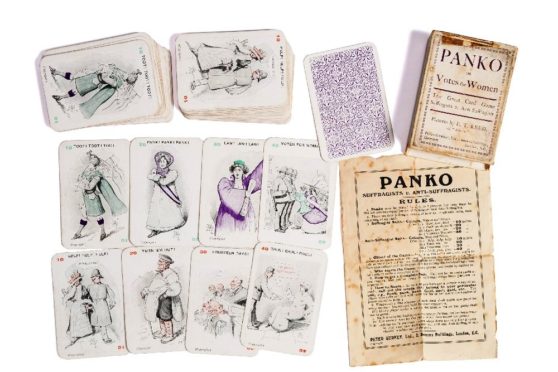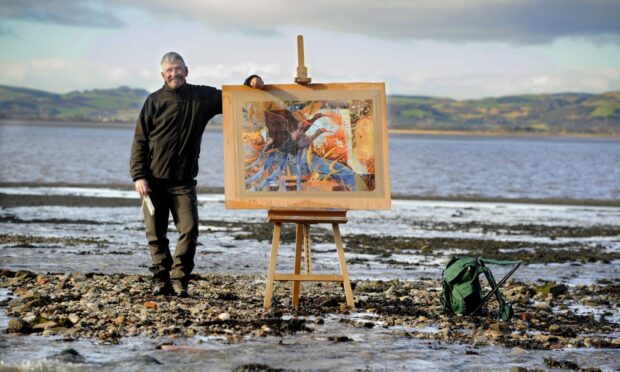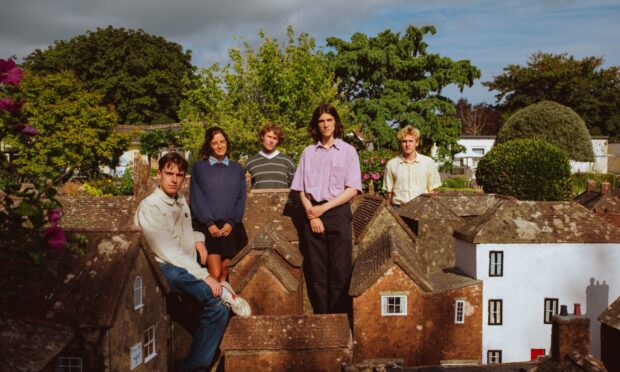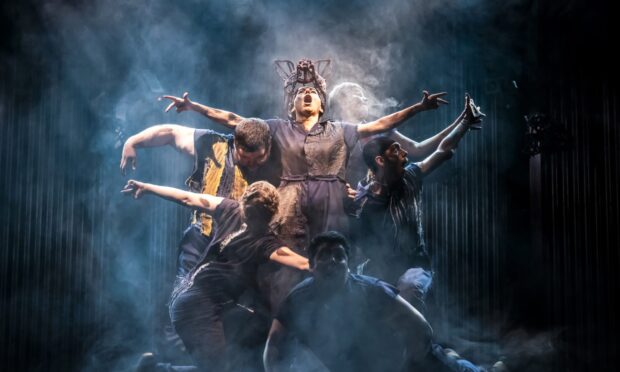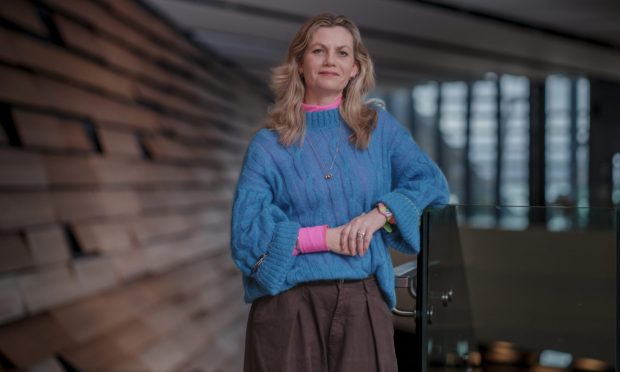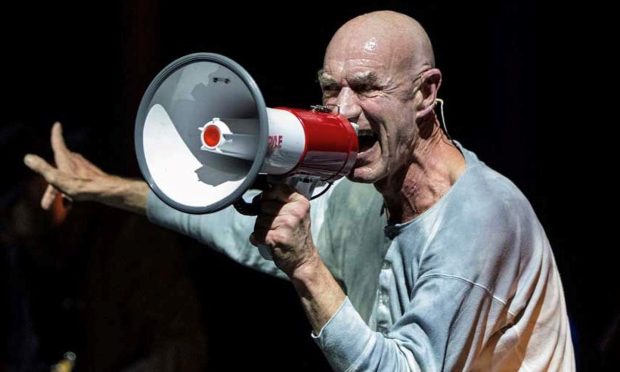WOMEN voted in parliamentary elections for the first time on this corresponding Saturday a century ago. The General Election of 14 December 1918 was the culmination of a 50-year struggle to win the vote – a campaign remembered today by streets in Perth and Dundee named after the militant suffragette Ethel Moorhead.
The fiery Ethel would not be my first choice to recall the women’s fight for votes. Involved in violence and burnings she has, after all, been labelled Scotland’s first female terrorist. Her 1925 memoirs of this period, aptly titled Incendiaries, admit to as much. In any case, she lived in Edinburgh during this heightened period of militancy.
Naming a street after May Grant, the indefatigable suffragette daughter of the minister of St Mark’s in Dundee, may have been more appropriate. Grant, uniquely, was forcibly removed from meetings staged by Prime Minister Herbert Asquith, Chancellor of the Exchequer David Lloyd George, Home Secretary Winston Churchill, Labour Party leader Keir Hardie, Prime Minister-in-waiting Ramsay MacDonald and Irish nationalist T. P. O’Connor. Undeterred, she later stood for Parliament!
The campaign was recalled recently in the Bearnes Hampton & Littlewood sale of books in Exeter where a pack of votes-for-women playing cards left its estimate trailing.
Panko or Votes for Women, The Great Card Game: Suffragists v Anti-Suffragists, is a rare thing when complete and in good condition (and not a modern reproduction).
The 48 cards were drawn by Punch cartoonist Edward Reed and were printed by Peter Gurney Ltd, probably in 1909. An advert that year claimed the game produced, “intense excitement without the slightest taste of bitterness.”
Containing a sheet of rules, in a fragile original case, the cards sold for a double estimate £400.
Picture: Suffragette game £400 (Bearnes Hampton & Littlewood).
